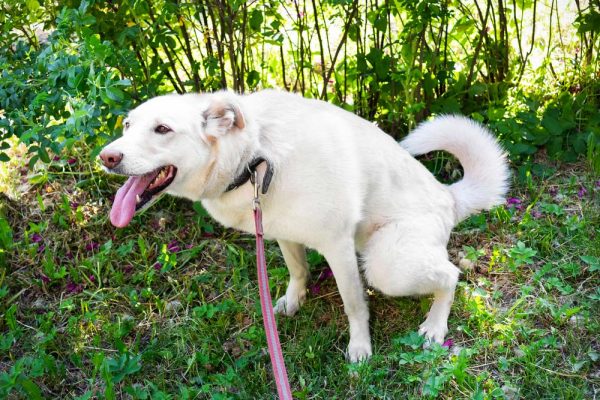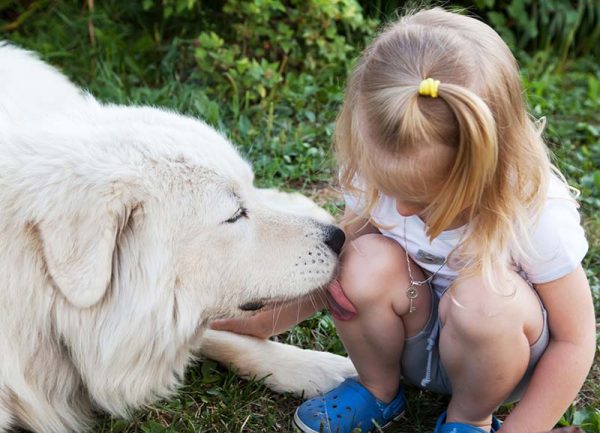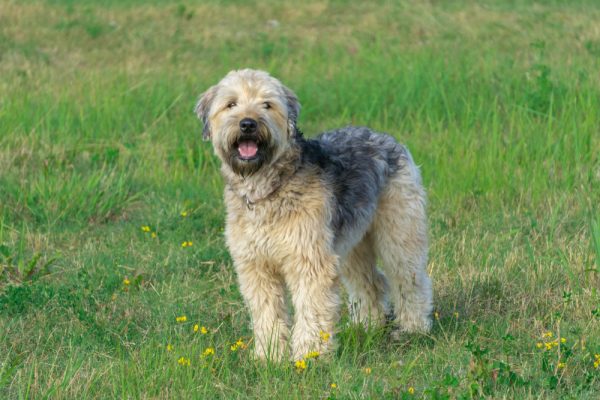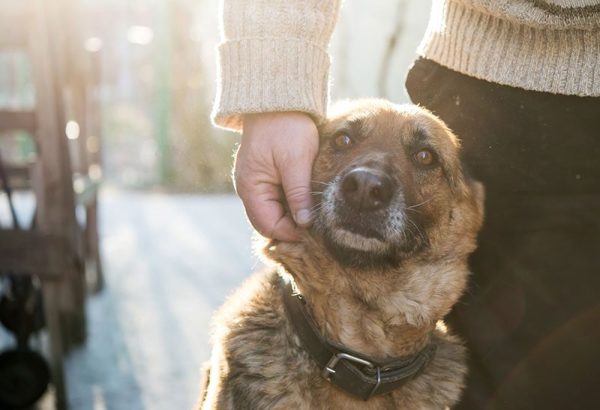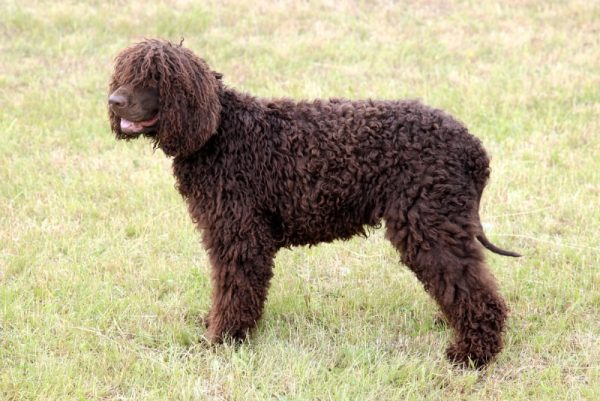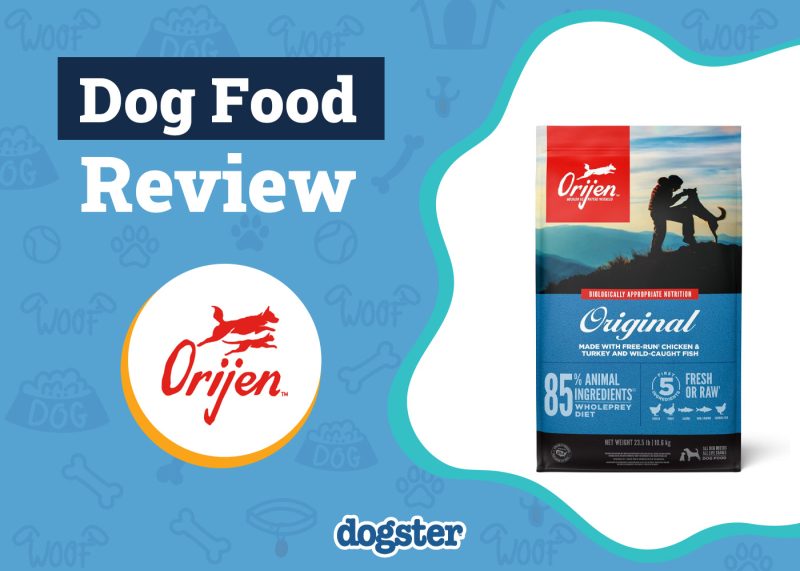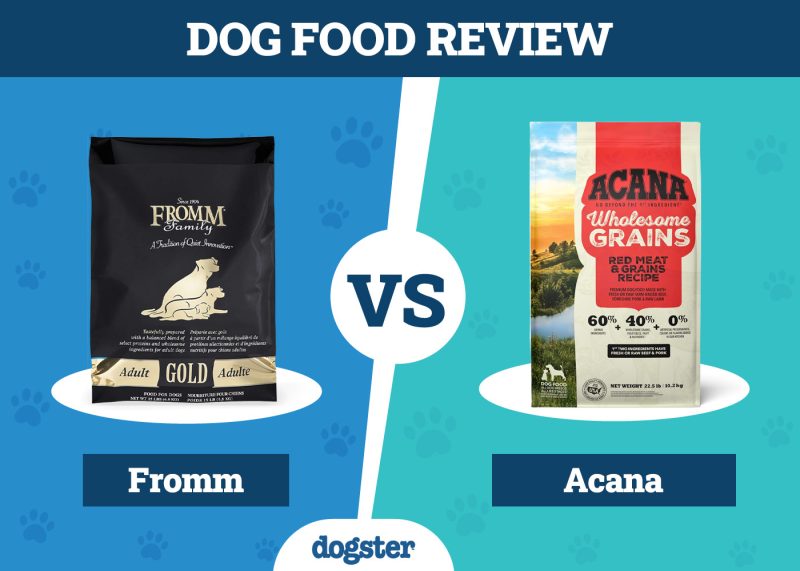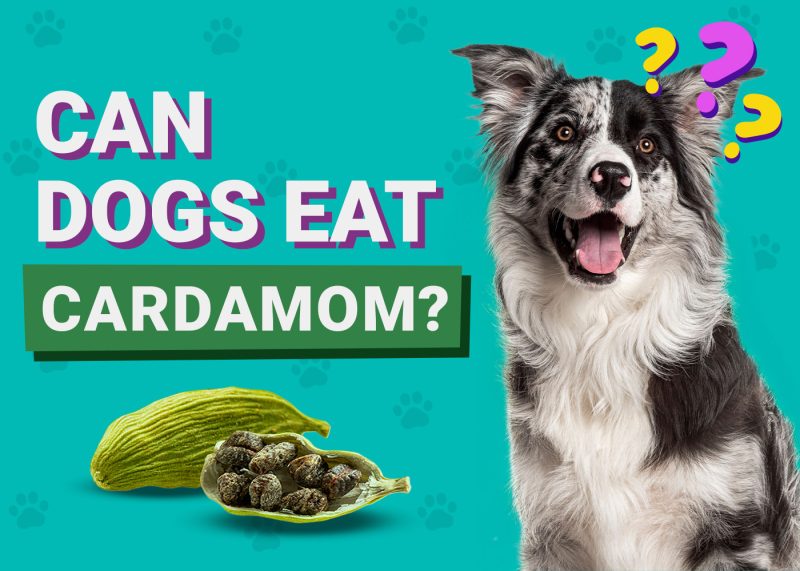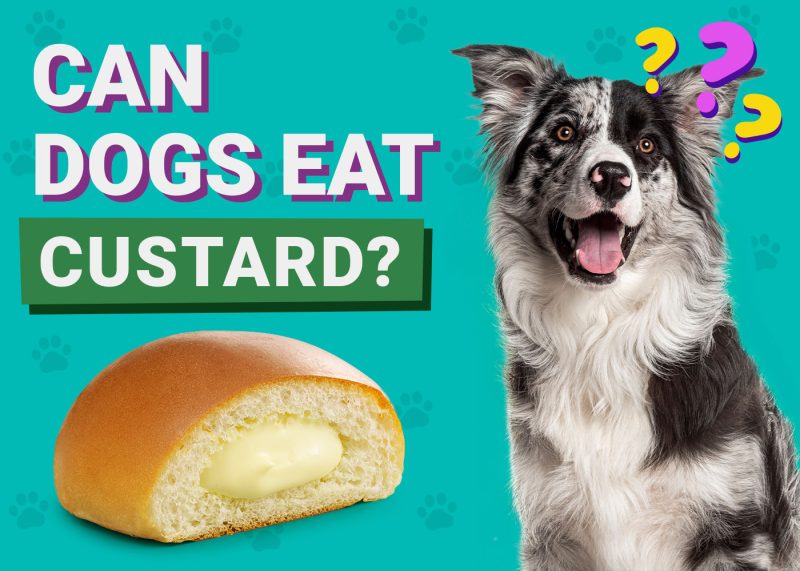In this article
View 3 More +Unless you’re using the turkey neck in a tasty gravy, stock, or soup, many of us can’t think of anywhere else to put them besides the trash. It might seem wasteful, but if giblets aren’t your specialty, what’s the point in keeping them?
Well, when you have a dog in the house, you may not have to scrap your scraps just yet. Turkey necks can be offered to your dog. However, feeding your dog bones is controversial and does come with some risks you should be aware of.
If you do not need the giblets after unpacking your Thanksgiving bird, we’ll discuss how and why you can give your dog turkey necks to eat, and the risks to help you decide whether to do this or not.

Why Can Dogs Eat Turkey Necks?
Turkey is a flavorful and healthy option dogs can enjoy as part of their daily meals, and the neck is no exception! Necks are packed with protein, supporting muscle growth and maintenance, immune function, skin and coat health, and overall well-being. As part of a balanced diet, they offer a meaty snack most dogs will want to dig into.
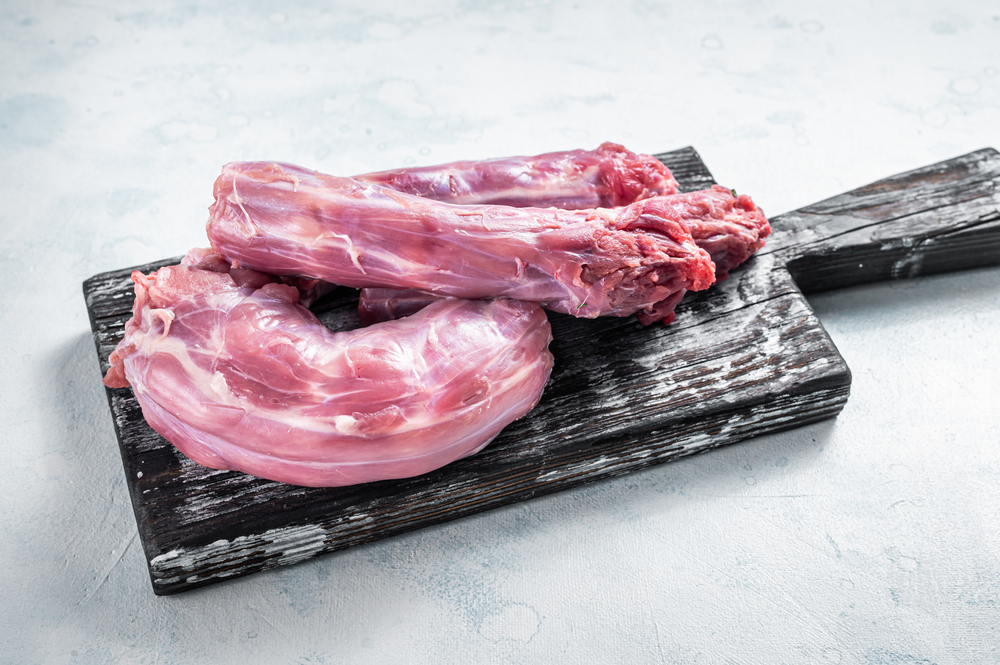
Turkey necks consist of roughly 55% meat and 45% bone, delivering high levels of essential vitamins and minerals, including:
- Calcium
- Phosphorus
- Iron
- Magnesium
- Selenium
- Zinc
- B vitamins, particularly B12
Joint Health
Turkey necks are an excellent treat for pet parents hoping to maintain their dogs’ bone, joint, and muscle health. Alongside the calcium, phosphorus, and other bone-supporting minerals, turkey necks deliver loads of nutrients to improve mobility, including:
- Collagen: As the body’s most abundant protein in a dog’s body, collagen forms ligaments, nourishes skin and hair, promotes cartilage and bone development, and facilitates joint movement. Collagen is used in some dog foods to help with arthritis.
- Glucosamine: It may have some mild anti-inflammatory qualities and stimulates cartilage growth. Glucosamine is commonly found in joint supplements and joint-support diets.
- Chondroitin: It inhibits cartilage degeneration. Chondroitin is commonly found along with glucosamine in joint-supporting diets and supplements.
Turkey necks contain some joint-supporting components used in nutrition-based arthritis treatments. However, the amount obtained in this treat is unlikely to make a difference for a dog already suffering from arthritis.
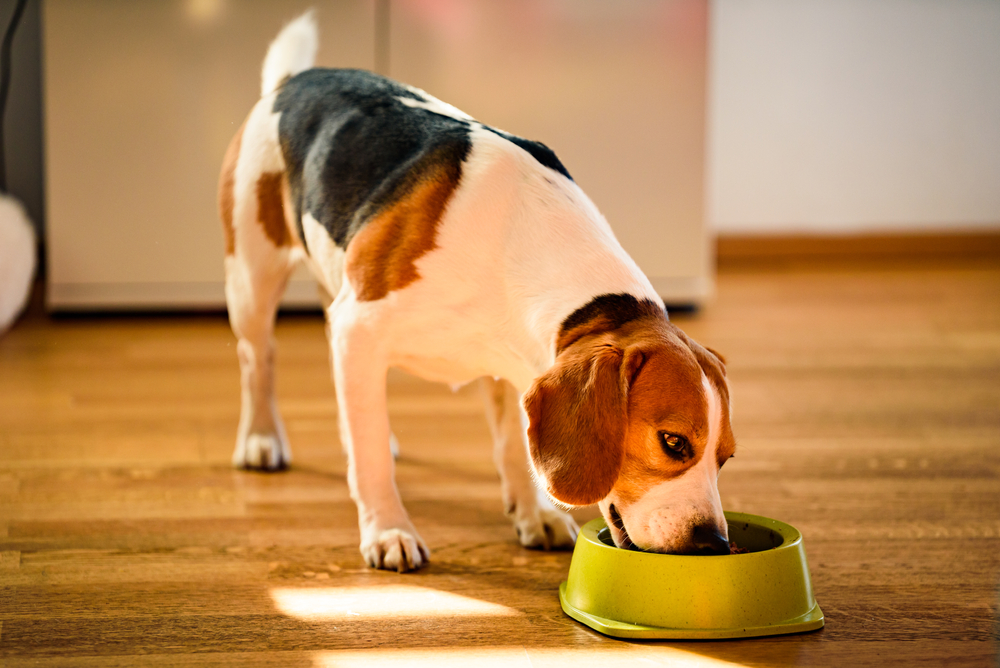
Dental Health
From the texture to the nutrition, turkey necks make excellent dog chews. The bones are light and pliable, leaving little risk of cracking a tooth like a denser leg bone might. Dogs’ teeth sink into the bone, easily crushing it up and possibly taking advantage of the scraping action to remove plaque and tartar as they chew.
Enrichment
Turkey necks also provide enrichment to satisfy your dog’s instincts. They’re excellent chews to keep your dog mentally focused, and the effort to hold down the neck and gnaw on it satisfies their need to chew.

Drawbacks of Turkey Necks
The primary downside of turkey necks is the bone content. Many dogs won’t have any problems from eating the occasional turkey neck, but not all dogs will be able to cope with Turkey necks in the diet. Choosing to feed a bone always carries some risks, no matter how nicely your dog chews. Many vets do not recommend bones at all.
Choking and Constipation
The high bone content in turkey necks can be problematic for dogs that like to swallow their food fast with minimal chewing. The bones are soft and unlikely to crack and splinter when given raw, but if your dog gulps down an oversized bite, it can become a choking hazard.
Bone also makes stool firmer and more difficult to pass, and your dog may even suffer constipation if they eat turkey necks frequently. If this becomes ongoing constipation can become severe and cause your dog to become unwell, and they usually need veterinary treatment to recover.
Esophageal or Intestinal Foreign Body
If your dog tends to gulp their turkey neck’s whole, there is a chance it could get lodged in the esophagus. If it gets stuck here, your dog won’t be able to eat properly and they will regurgitate their food. Esophageal foreign bodies generally need a special procedure called endoscopy to retrieve them.
Assuming the bones make their way into the stomach, they are not very digestible meaning they will pass through the digestive system relatively unchanged. The small bones in turkey necks can aggregate and form an intestinal blockage, which can be life-threatening, cause intestinal damage, and septicemia, and will need surgery to resolve.
Pathogens in Raw Meat
Turkey necks must always be fed raw as cooked bones may splinter and cause serious problems. Unfortunately, raw meat can be contaminated with parasites and bacteria like E. Coli, Listeria, and Salmonella. Your dog could become unwell from eating raw meat. Campylobacter bacteria found on raw poultry has also been linked to a condition known as Coonhound Paralysis.

What Kind of Dogs Can Eat Turkey Necks?
Turkey necks can be fairly large, and some measure 10–12 inches and weigh over a pound. Large dogs are well-suited for these necks because their teeth and digestive systems will be able to better cope with the bones.
You can try turkey hen necks, about half the weight of a male’s if you have small to medium-sized dogs. You may even try sizing down to duck or chicken necks for the smallest toy breeds.
How to Feed Your Dog Turkey Necks
If you decide to feed turkey necks despite the risks, you should follow these guidelines. You can feed turkey neck bones to your dog in raw or dehydrated form. Freezing before feeding may help kill some pathogens.
A turkey neck can replace an entire meal, so you must watch your dog’s daily calories and give turkey necks sparingly to maintain balanced nutrition and healthy body weight.
Only Feed Raw or Dehydrated Turkey Necks
Never feed your dog cooked bones. Cooking causes bones to become brittle, potentially splintering into sharp shards that could damage your dog’s mouth, throat, or digestive tract.
When left uncooked, turkey neck bones are safer to consume and retain nutrients, although as mentioned they can contain bacteria and parasites.
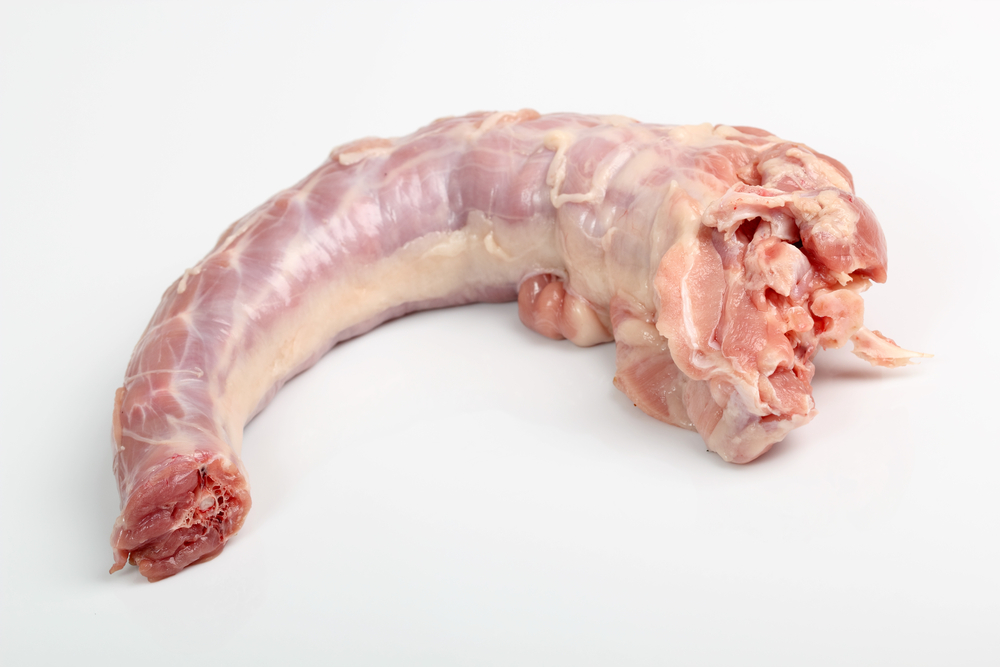
Feed Turkey Necks Outside
Raw turkey necks can spread dangerous bacteria around whatever surface your dog eats on. You never want to feed your dog on the carpet, and if you let them dine on a hard floor, you’ll have to thoroughly clean and sanitize it.
To make life as easy as possible, let your dog munch on their turkey neck outside.
Feed By Hand If You Have a Gulper
Turkey necks are perfect for dogs that like to chew. Gulpers won’t get all the incredible dental benefits and will face a higher choking, obstruction, and constipation risk. If you’re not confident that your dog will pace themselves as they gnaw on their turkey neck, you should take extra care in feeding them.
When feeding, hold the turkey neck in your hand to control how your dog eats it. Have them chew it thoroughly, letting them gnaw off small, manageable bits.
Offer Frozen Turkey Necks to Slow Your Dog’s Feeding
If your dog is a gulper or you want them to slow down when wolfing down a turkey neck, try freezing the neck before giving it to your dog. By freezing your turkey necks, you’ll turn what may take your dog only a few minutes to rip through into a 20–30-minute affair.
The firmer neck will require more chewing meaning more dental benefits and more enrichment.
Provide Fresh Water
As with many treats, particularly dried varieties, turkey necks can make your dog thirsty. Always keep fresh water available to help them wash down their meal.

Supervise Your Dog
Pets with dental health problems may have a more challenging time handling bones, and bones can be a choking hazard for any dog that gulps down their food quickly.
When feeding your dog a raw, meaty bone like a turkey neck, supervise them closely to ensure it’s a comfortable size and an appropriate experience that doesn’t cause indigestion or other health issues.
Consider Your Dog’s Health and Age
Does your dog suffer from constipation or other gastrointestinal problems? Is their immune system weakened? Do they have dental problems? Are they a puppy with a weaker immune system and puppy teeth? Are they senior dogs with a potentially weaker immune system and slower gut movements? If you answered yes to any of these questions, turkey necks are not an ideal treat for your dog. Dogs with weaker immune systems, without a full set of healthy adult teeth, or gastrointestinal problems are more at risk of problems when they eat bones.

Conclusion
Raw and dehydrated turkey necks are ok for dogs to eat and can provide noticeable dental benefits when they eat them regularly. With the nutritional perks, your dog also enjoys a unique enrichment opportunity that captures their interest, exercises their jaw, and supplies much-needed mental stimulation.
That being said, turkey necks can make your dog seriously unwell in some cases, so if you decide to feed them you need to accept this risk. Turkey necks aren’t the best fit for every dog and some vets don’t recommend bones at all. Now you have all the information, the choice is yours.
See Also:
- Can Dogs Have Vanilla? Vet-Verified Nutrition Facts & FAQ
- Can Dogs Eat Wasabi? Vet-Verified Nutrition Facts & FAQ
Featured Image Credit: Dmitriev Mikhail, Shutterstock



